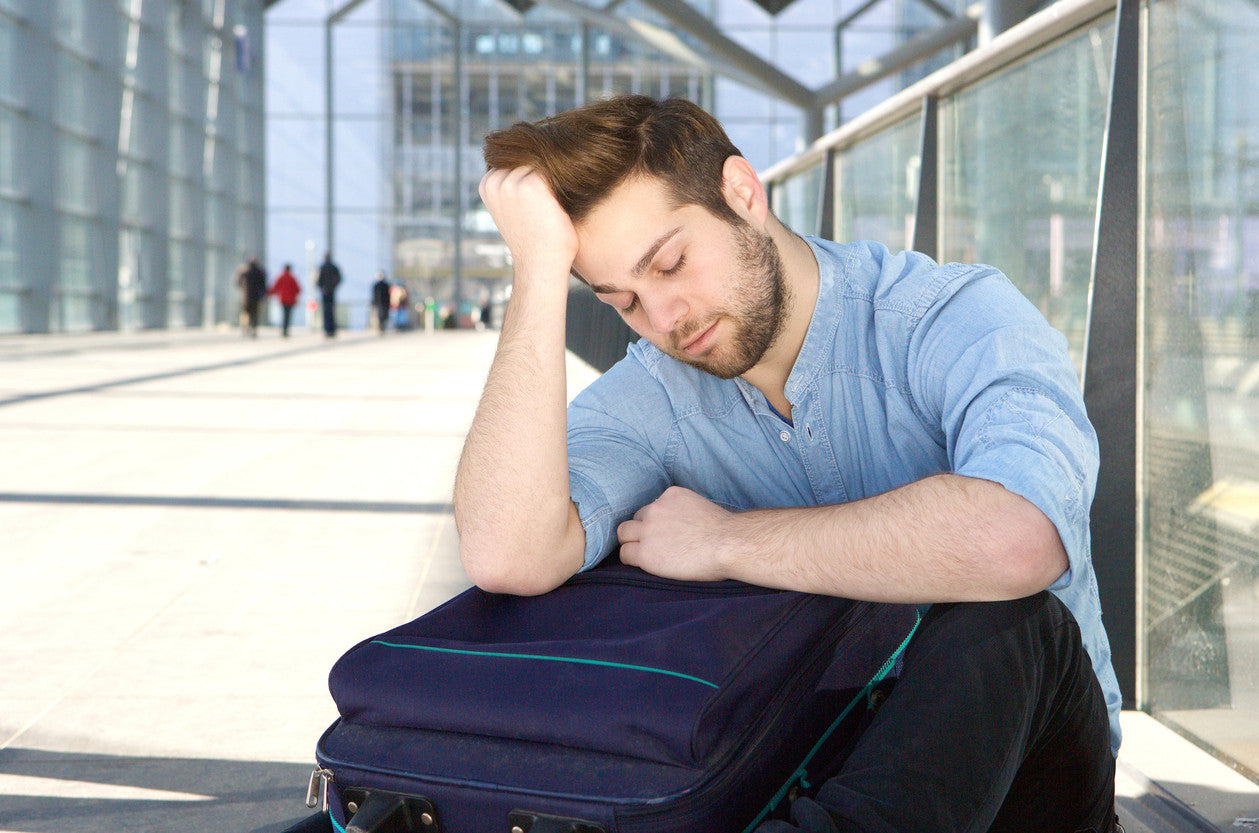Sleep Tips for Hopping Time Zones for a Big Race
Dr. James Maas gives some advice in an interview about how to maintain good sleep quality while on the road. What do you once your arrive? How do you combat jet lag? Should you take naps?

In some ways, the present-day weekend warrior can be seen to be as devoted to his or her sport and the training it entails as athletes might have been some 25 or 30 years ago. Healthy nutrition tips, cutting-edge workout regimens, and state-of-the-art training facilities are now all within the means of those who want to get very serious about their sport in their spare time. These advanced methods, diet supplements and equipment just have to be sought out.
One area that might be seen to be lacking, however, is professional-grade sports sleep training. Most weekend warriors aren't going to have access to sleep coaches, nap pods, flexible travel schedules, etc. So the Vitalere editorial team caught up to renowned sleep expert, and Power Off advisor, Dr. James Maas to get his advice on the matter. Dr. Maas has appeared on the Today Show and Oprah, and he's currently the sleep coach for the New York Jets among other teams, so he knows what goes in to getting enough rest on the road.
Here's are Dr. Maas' tips if you're spending your hard-earned cash and free time to travel a great distance for your next big race.
1. Do you have any tips for sleeping during long flights or bus trips?
Dr. Maas: "One thing is where you're sitting. You don't want to be sitting near the lavatories or the galley. You want to make sure you bring ear plugs or noise-canceling headphones, and an eye mask to block the light.
"Don't drink alcohol, because the drinks are stronger at altitude. So if you drink a beer, it's double the potency at 30,000 feet, and it's very disruptive to jet lag, so if you have a couple of beers it's going to delay synching to the new destination. Also, avoid spicy foods, and don't eat too heavily. You absolutely must keep hydrated, so make sure that water is constantly available to you.
"Temperature is key; sometimes the planes are too hot or too cold. A blanket can be key to get good rest in conditions you can't control, like on a plane. Do stretching exercises on long flights; even just walk the length of the plane every hour."
2. What about once you arrive? How do you combat jet lag?
Dr. Maas: "You've got to try to adapt to local time, using the rule of one day to adapt per time zone crossed. So if you're going from London to New York and it's a six- or seven-hour time difference, that means you want to get over there six or seven days ahead of the meet. But most people can't do that. Even professional athletes very often can't swing that. But there are ways around it.
"For instance, when I was sleep coach for the Canadian Olympic Men's Hockey Team in 2014, the NHL break for the Winter Olympics started just 48 hours before the first game. So here's our team in North America crossing 11 time zones to get to Sochi. That would take 11 days to adjust. But they had 48 hours. So what we did is we pre-adapted them to Sochi time by judicious use of light books with daylight spectrum lights, and we would tell them when to expose themselves, and when to wear dark glasses when you're outside when you shouldn't be exposing yourself. We managed to get the entire Canadian men's Olympic hockey team shifted in 48 hours through the use of these light books. And we left with the gold."
3. Is napping OK once you've arrived?
Dr. Maas: "Yes, either a 20-minute nap or a full 90 minutes. A lot of athletes nap for 60 minutes before a game and they wake up groggy, and they don't know where they're at for the first half or first quarter. So you have to go the full 90 minutes. Almost every team naps for a couple of hours every afternoon. So now we're putting daylight spectrum lights in the locker rooms, so when they come for the game, if they're still groggy, that will wake them up. This can often be the edge in the game. So consider light books if you need help waking up after a nap on the road."
4. How important is a full night's sleep the night before the race? And what about sleep the night before the night before?
Dr. Maas: "The night before the big event, there can be adrenaline, and you're thinking about the race, and sometimes you don't get a full night's sleep. But if you had a good night's sleep the night before that, and really even the four or five days before that, then that one night of sleep loss probably won't affect you all that much. As long as you haven't been up all night, and you haven't had alcohol and things like that."
For more on Dr. Maas' sleep tips for athletes, read his book "Sleep to Win!"

